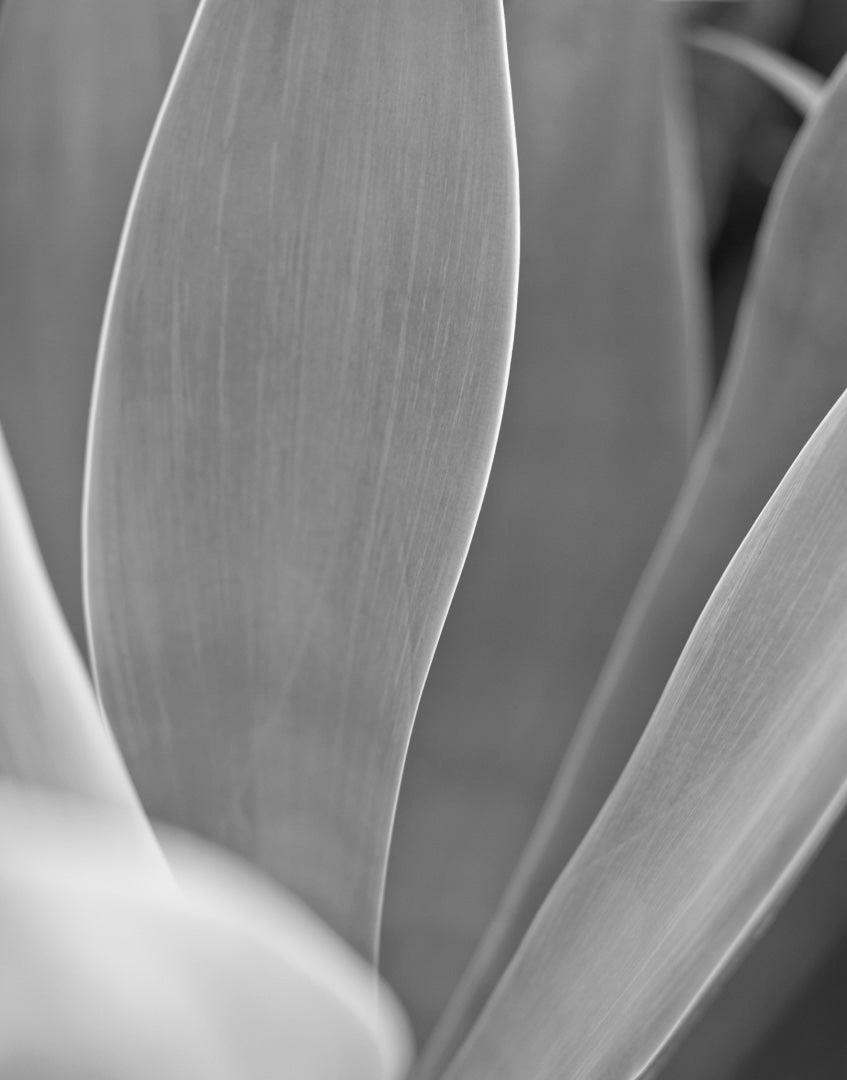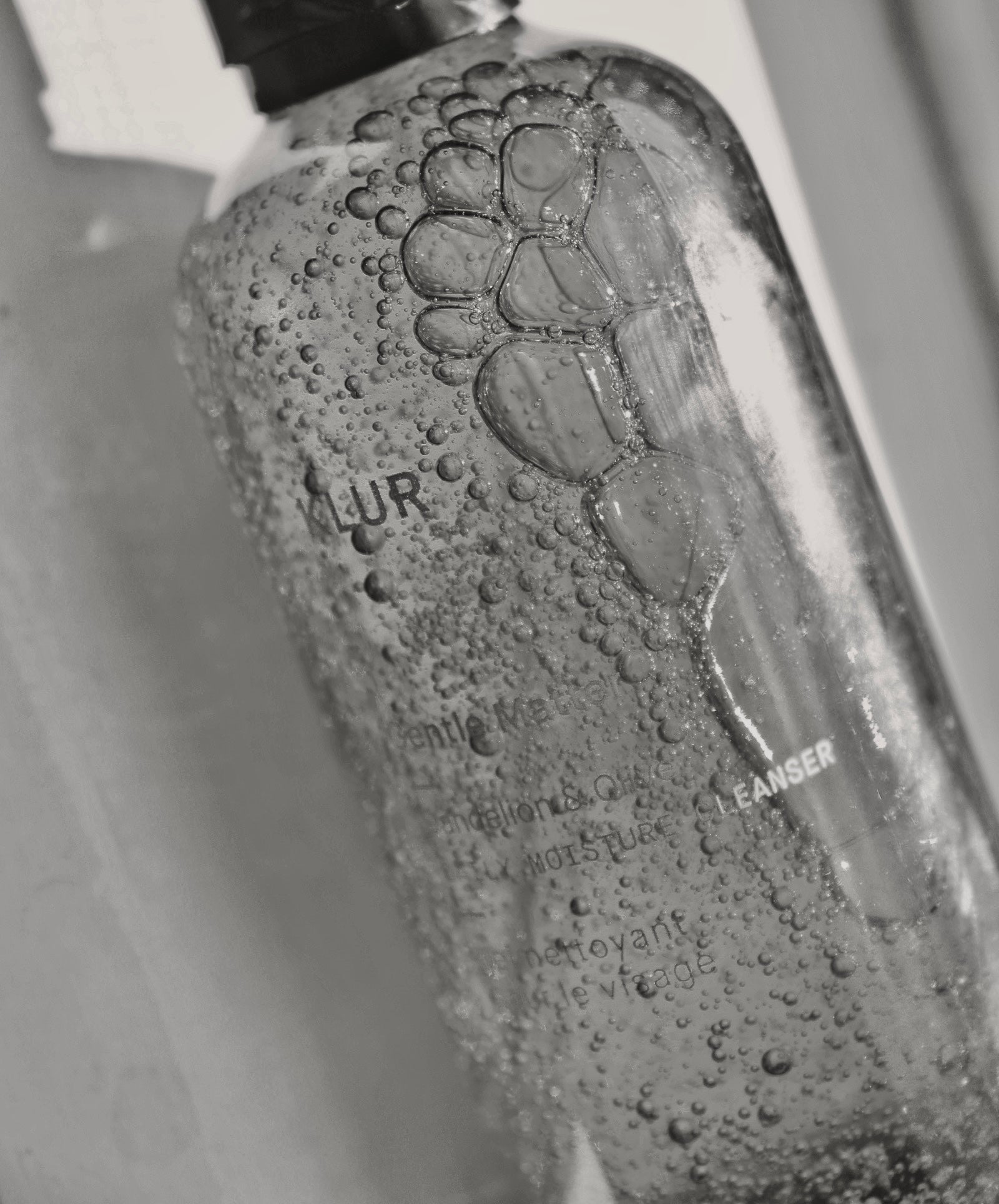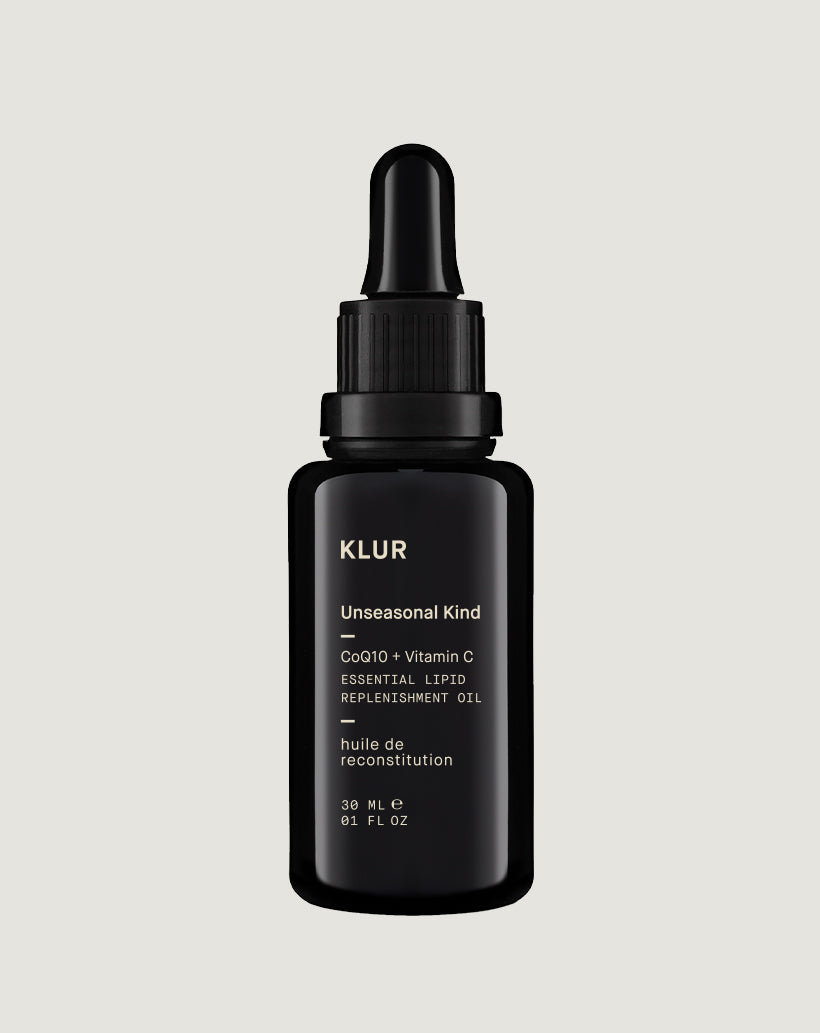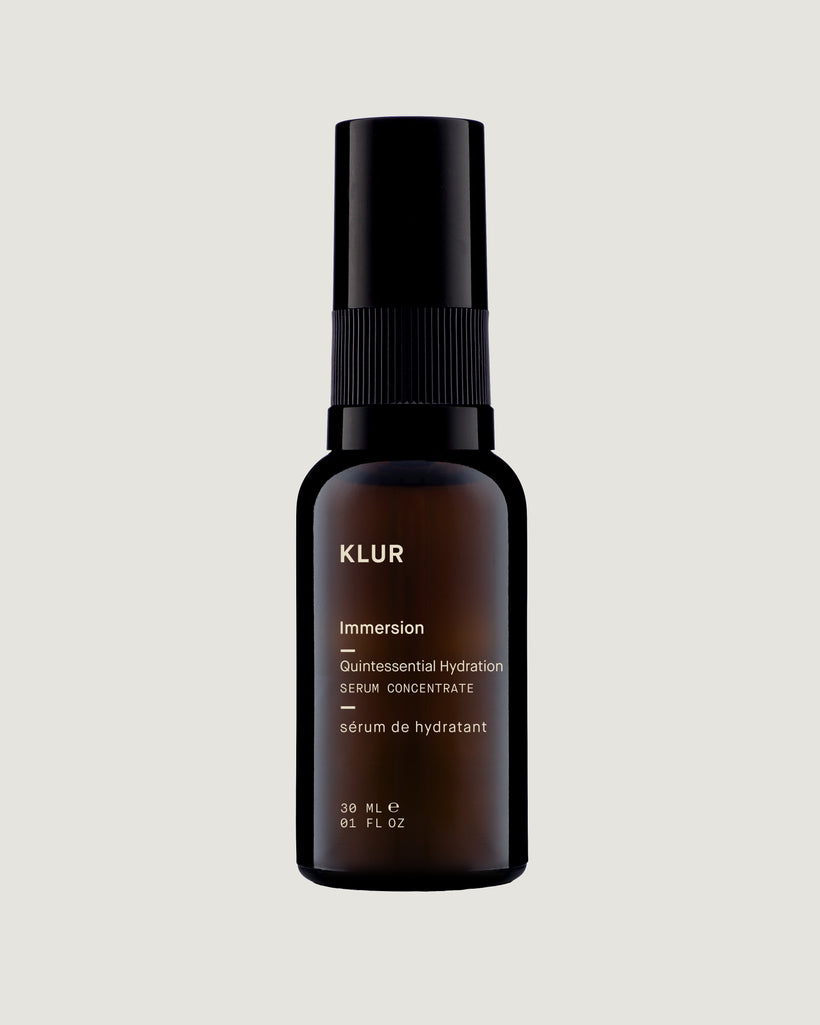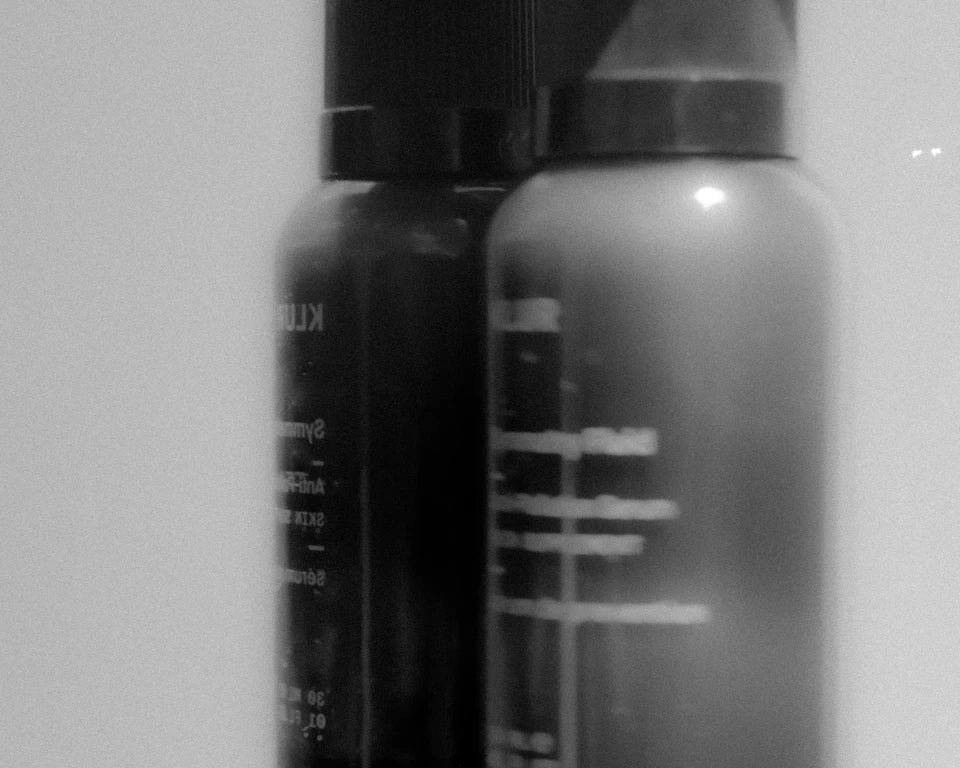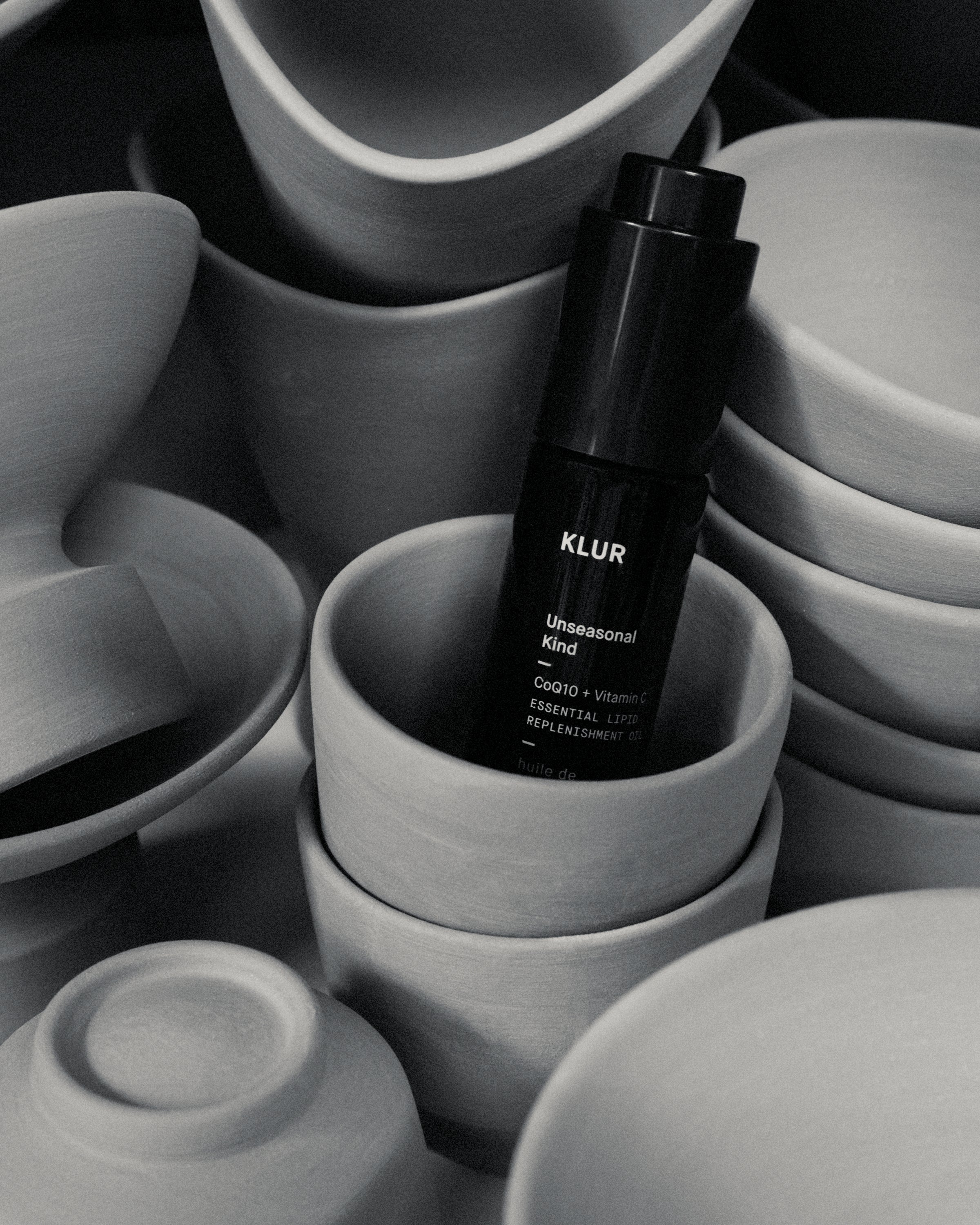Dry and dehydrated skin share some of the same symptoms but they’re actually two different skin issues. To put it simply, dehydrated skin lacks water while dry skin lacks oil, it doesn’t produce enough of the skin’s natural sebum.
Dry skin is a skin type whereas dehydration is a skin condition that can affect all skin types; oily, combination, dry and sensitive skin. Dry skin is lacking oil, dry skin shows signs of roughness, is itchy, looks dull and may have slight to severe signs of flakiness.
Fine lines are more pronounced, skin feels tight and easily irritated and is particularly sensitive to weather conditions. There will often be no improvement in symptoms despite using creams and moisturizers if you are not using the right type of products.

